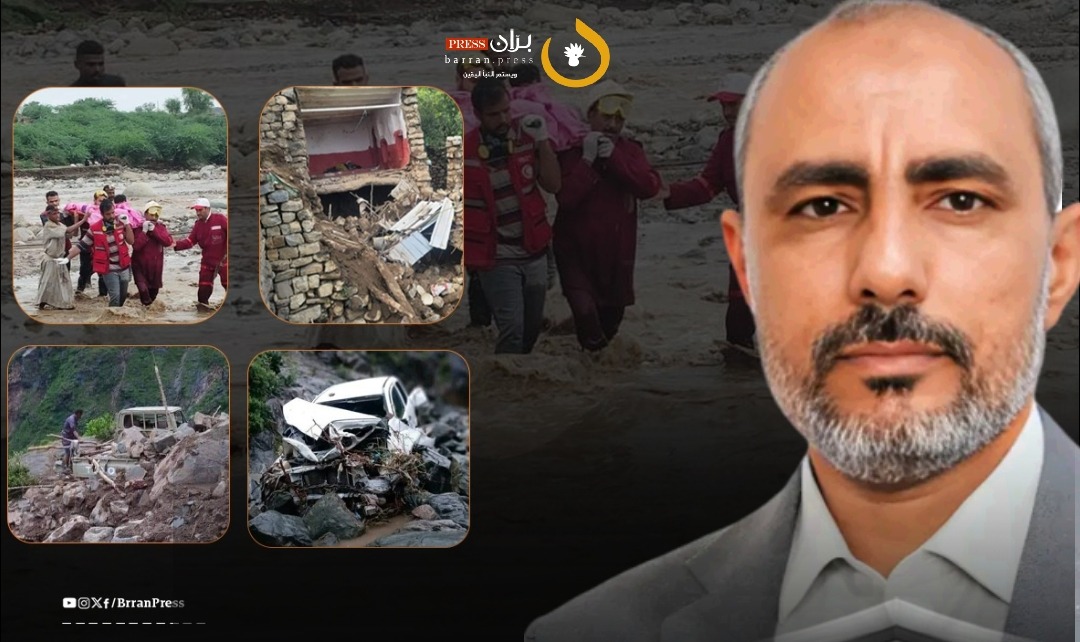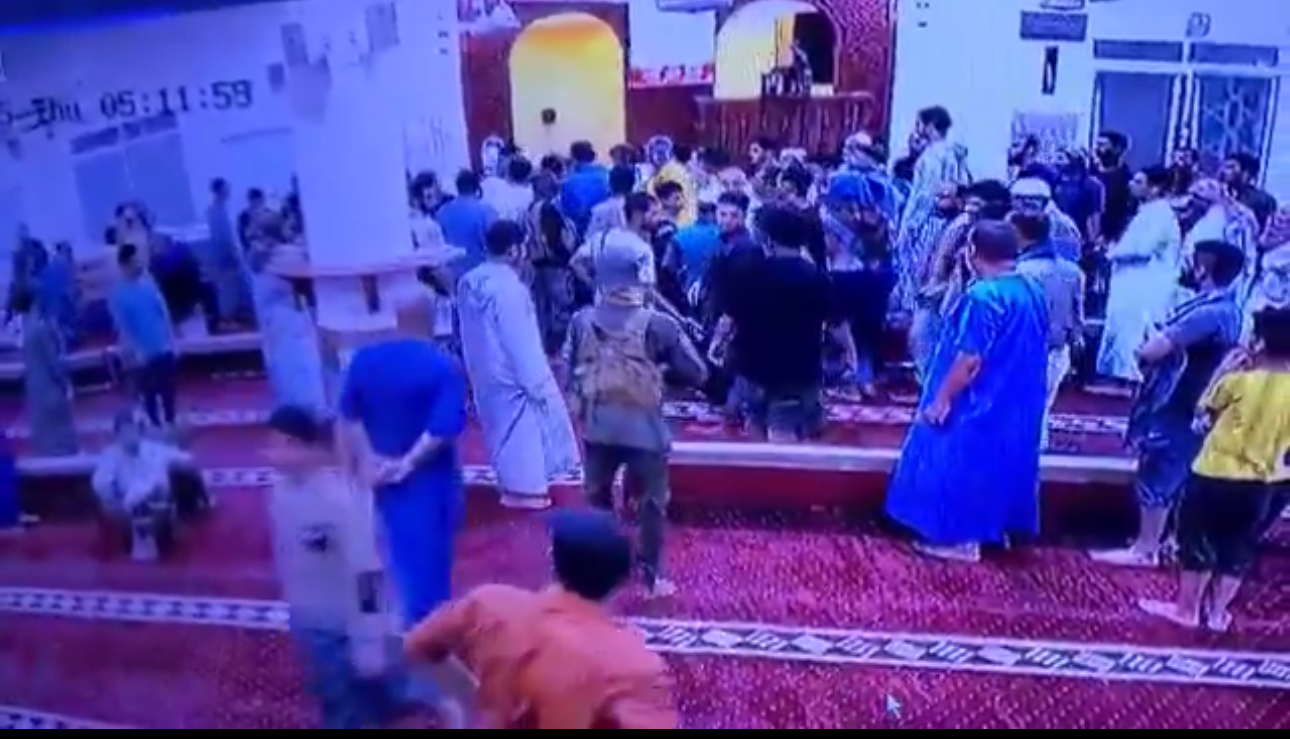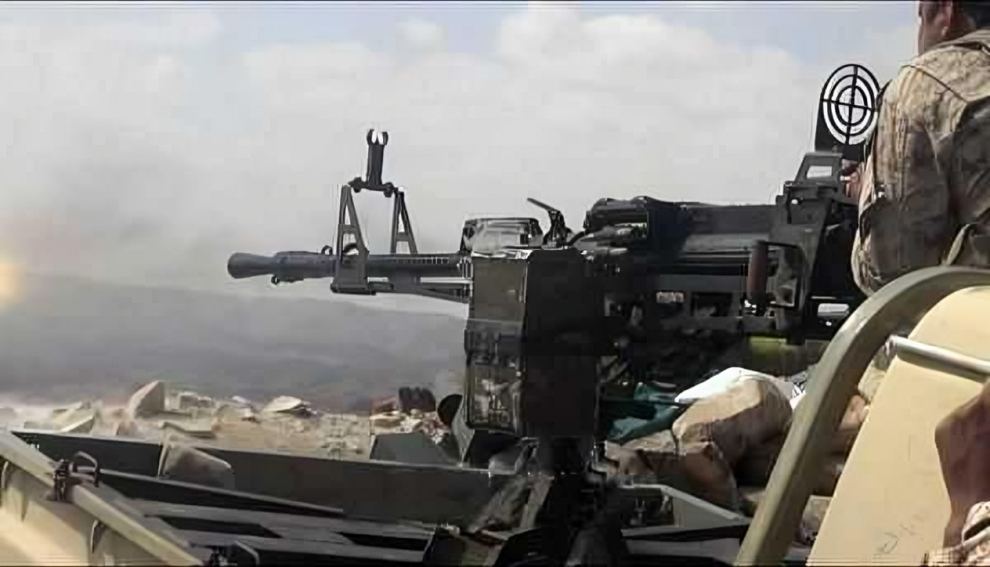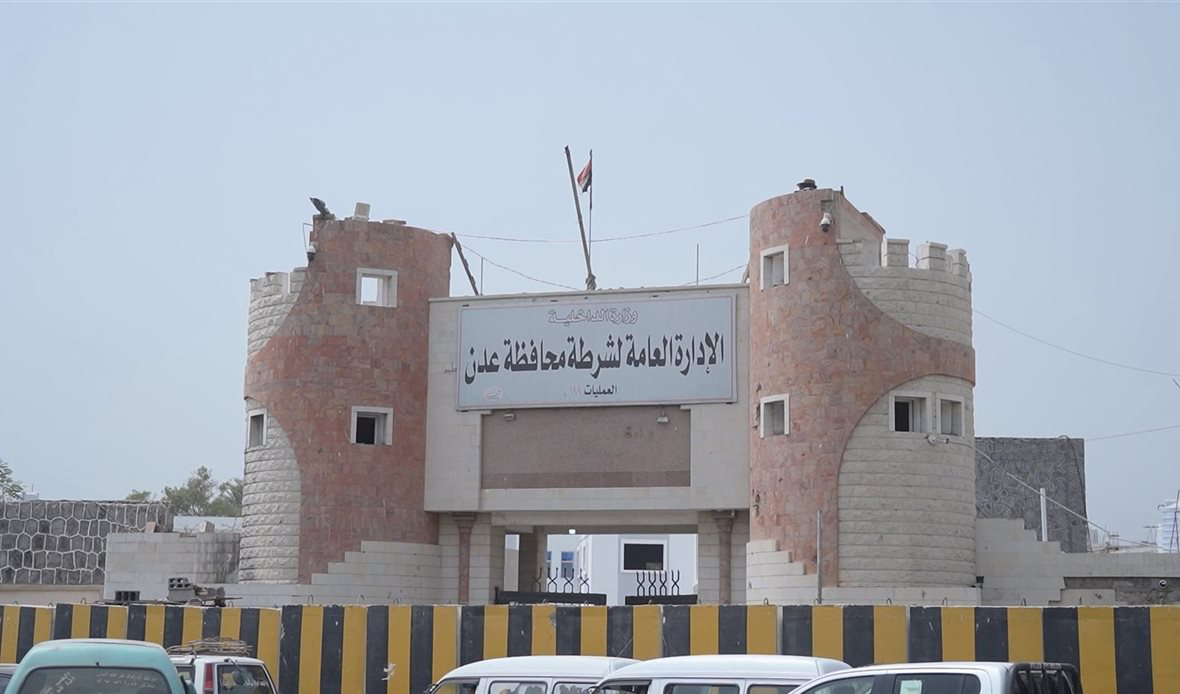
Barran Press
The Director General of the Media Office in Mahwit Governorate (northwest Yemen), Yahya al-Saqir, stated that the Houthi group, internationally designated as a terrorist organization, along with the terrain of Malhan District in the southwest of the governorate, have compounded the suffering of the affected residents. He claimed that the people are facing the disaster alone without any support.
Al-Saqir, in an exclusive interview with "Barran Press," said that the governorate experienced heavy rains over the past two days, lasting for approximately 18 hours, extending from Shabwa Kukban in the north to Malhan District in the extreme southwest of the governorate.
The Malhan Disaster
Al-Saqir described the situation in Malhan as a major disaster, stating that the region "experienced extremely heavy rains, leading to landslides and rockfalls." He added that the villages are located on the mountain slopes, making them particularly vulnerable.
He reported that seven dams (medium-sized water barriers) burst, sweeping away homes and farms and reaching the Tihama region. He also mentioned that roads were cut off, completely isolating Malhan from the rest of Yemen and the world.
Regarding the geographical nature of Malhan District, he described it as a mountainous region where villages are isolated on steep and rugged peaks. He highlighted that roads do not reach some villages, and residents still use ropes to climb to their homes.
Official Statistics
Al-Saqir confirmed the statistics previously reported by "Barran Press," stating that 37 homes were completely destroyed in the Qabla and Hamdan areas of Malhan District. The death toll has reached 43, with 30 bodies recovered by 10 pm on Wednesday, August 28, 2024. He added that some bodies were found in pieces, collected from various locations, and that dozens of bodies are still missing, some buried under the rubble.
The material losses include the destruction of eight vehicles, four shops, an entire market, seven dams, and ten agricultural fields completely swept away by the floods. There has also been a complete disruption of roads and communication.
Factors Aggravating the Disaster
Al-Saqir identified several factors that exacerbated the disaster:
- Difficult terrain and homes built on mountain slopes: This made the area particularly susceptible to landslides and rockfalls.
- Dams built by locals: The dams were not built by the government and were not properly maintained.
- Age of homes and dams: The old homes and dams were not able to withstand the heavy rains.
- Poor living conditions: The residents were unable to maintain their homes or build new ones due to the difficult living conditions and the Houthi coup.
- Houthi control: The Houthi group has depleted state resources and rendered state institutions ineffective, preventing them from providing any aid to the people.
Al-Saqir accused the Houthi group of "compounding the disaster by consuming all state resources and funds, leaving institutions lifeless and unable to provide any relief to the people." He stated that "the people in Malhan are facing the disaster in isolation, alone, without any support from the state, organizations, or institutions. They are facing their fate alone because the Houthis have emptied the institutions of their functions and exploited them in their pointless war against Yemenis."
Rescue Efforts
Al-Saqir described the rescue and relief efforts as inadequate, stating that "the Red Crescent team that arrived from Sana'a and Mahwit consists of individuals with three Toyota vehicles. They were unable to climb from the bottom of the mountain to the top where the affected villages are located." He emphasized that the team lacked equipment for digging or any machinery.
In his interview with "Barran Press," the local official accused the Houthi group of consuming state institutions, which he claimed have become "empty shells," adding that "when the Civil Defense or Red Crescent team arrives, they are just individuals with their bare hands, without any equipment or tools, so their presence is useless."
He continued, "The Houthis have used the resources of the Civil Defense and the Red Crescent in their war against Yemenis, turning these institutions into empty shells that offer nothing to the citizens. The people in areas under Houthi control are facing their fate alone."
Urgent Needs and Lack of Support
Al-Saqir highlighted the dire need for heavy equipment to rescue people trapped under rubble and aircraft to transport the injured and reach inaccessible areas. He criticized the deployment of Red Crescent personnel without necessary rescue and medical equipment, stating that local residents are equipped with only axes and shovels and require specialized aid.
The recognized local authority has declared Malhan a disaster zone and issued an urgent appeal to the government, the United Nations, and the OCHA for immediate action. However, Al-Saqir expressed skepticism about the delivery of aid, citing past experiences where Houthi forces seized aid sent by the local authority during the 2020 COVID-19 pandemic. He urged international organizations and donors to deliver aid directly to affected families in Malhan.
Unprecedented Disaster After Weeks of Heavy Rains
For the past three weeks, Al-Mahwit governorate has been experiencing continuous rainfall, with the heaviest downpours hitting the southern and western districts on August 27th, 2024.
Following ten hours of torrential rain, a catastrophic event unfolded in Malhan, 105 kilometers west of the governorate's capital, on August 28th. The disaster, described as unprecedented in the governorate's history, resulted in widespread damage to homes, infrastructure, and agricultural land.
Local sources reported that the heavy rains overwhelmed numerous water barriers in Malhan, causing them to burst and sweep away homes, farmland, and businesses. Schools and mosques were also damaged.
Residents Trapped and Isolated
Residents of Malhan's Qibla district have been forced to seek refuge in mosques, schools, and on mountaintops. They are facing dire conditions with limited access to food, medicine, shelter, and basic necessities, amidst the harsh weather conditions.
The heavy rainfall also triggered landslides, blocking major and secondary roads leading to and from Malhan, effectively isolating the district. Local sources accused the Houthi authorities of failing to provide any assistance to the trapped residents.





